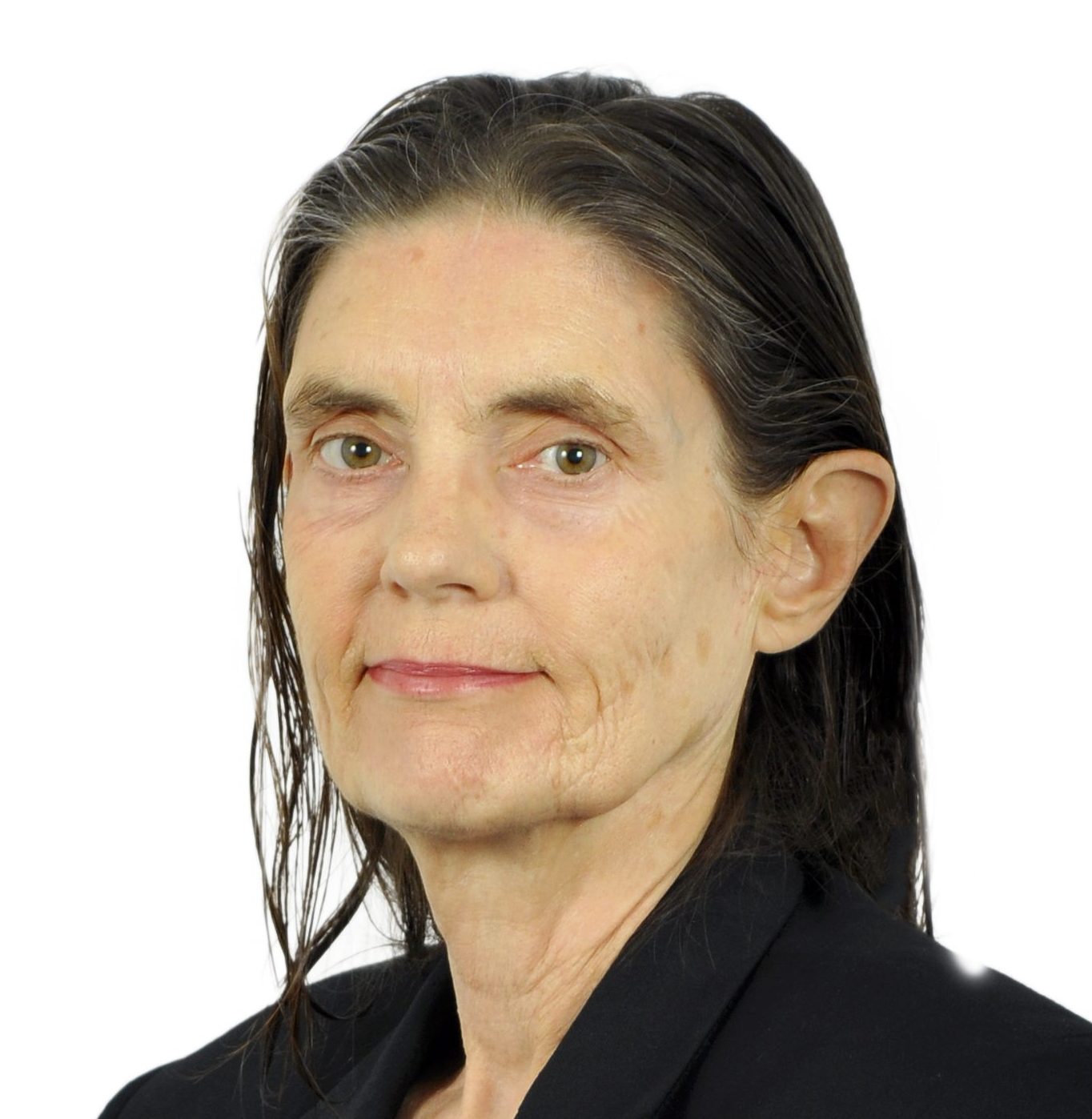Featured Topics
Featured Products
Events
S&P Global Offerings
Featured Topics
Featured Products
Events
S&P Global Offerings
Featured Topics
Featured Products
Events
S&P Global Offerings
Featured Topics
Featured Products
Events
Our Methodology
Methodology & Participation
Reference Tools
S&P Global
S&P Global Offerings
S&P Global
Our Methodology
Methodology & Participation
Reference Tools
S&P Global
S&P Global Offerings
S&P Global
26 Oct 2021 | 11:29 UTC
Highlights
'Crazy' commodities prices causing issues for solar now
But record low solar costs will resume in next few years
Cheap energy a 'massive enabler of economic development'
Saudi Arabia will get 50% of its power grid capacity from renewables by 2030, up from practically zero in just a decade, with rapid growth set to continue despite the fact that recent record low solar costs may be temporarily stalled because of today's "crazy commodity price mess," Riyadh-based ACWA Power's CEO Paddy Padmanathan told S&P Global Platts.
The Middle East may be minor in renewables today but "it is becoming massive," Padmanathan said Oct. 26 on the sidelines of the Future Investment Initiative in Riyadh. "All those commitments are real."
"In Saudi Arabia already, from zero two years ago we already have 8% of the grid capacity in construction in renewables. I'm doing it so I know it. We have got nearly 6,000 MW ourselves, in solar and wind, and I expect us to be at 50% minimum before 2030. Minimum."
Saudi Arabia is looking to natural gas and renewables as a way to eliminate burning crude for power generation, providing more oil to export, with Saudi Aramco CEO Amin Nasser saying recently the practice could be ended within 10 years.
The cheap cost of solar that led to record low tenders in recent years in the UAE, Saudi Arabia and other countries may be over temporarily but "I have zero doubt that it will go down even more" at some point, Padmanathan said. "I do agree it's not going to happen tomorrow. Why? Because right now you've got a crazy commodity price mess with commodity prices all going up and down. It's nuts."
He noted supply chain dislocations after a silicon plant exploded in China, causing a shortage of silicon supply and constrained availability of solar panels. "You're starting to see the impact of it straight away in new tenders," he added. "But all this stuff, that's going to reposition itself in the next couple of years."
Low energy costs are a "massive enabler of economic development," even if it means the smaller competitors get pushed out, he said. With solar costs down to 1-2 US cents/kWh, from as much as 30 cents/kWh in the past, "you can do so many things," he said.
